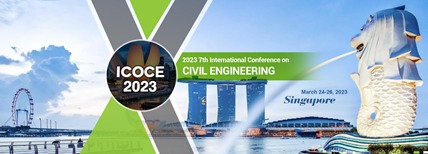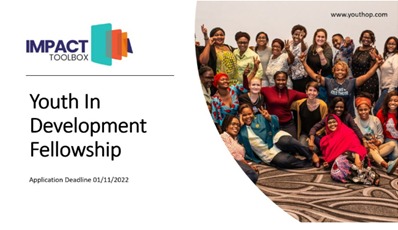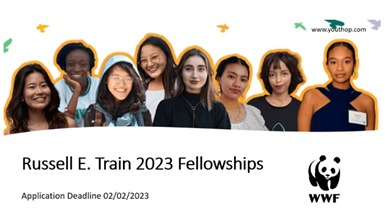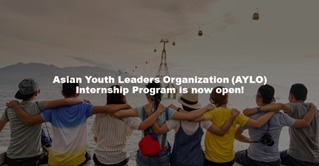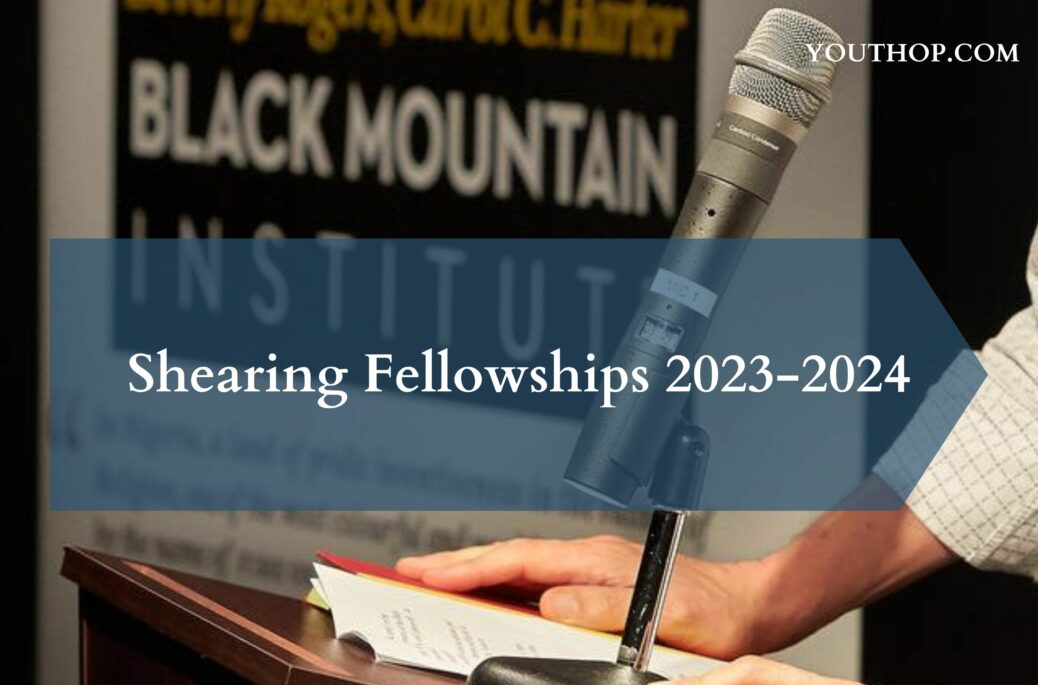ACTIVITIES - NEWS
Year of global development and why it matters to Indonesia
April 20, 2015

Key economists, government officials, civil society and decision-makers in the areas of global finance and economic development will gather for the annual spring meetings of the World Bank Group and the International Monetary Fund (IMF) in Washington DC this weekend.
While the general impression of the public in Indonesia might be that, because of the international media frenzy, the Davos meeting is the most significant economic gathering in the world, it seems that current important developments in Washington DC are being overlooked.
Legally and politically speaking, as of now the World Bank and the IMF are still the chief international organizations, part of the UN system, that have primary objectives to raise living standards. Their goals are precisely in line with the main economic goals of the Indonesian government.
These twin organizations work complementarily, with the IMF focusing on macroeconomic issues and the World Bank concentrating on long-term economic development and poverty reduction.
Indonesian decision-makers are aware of their importance and will apply the organizations’ recommendations as appropriate, and in accordance with Indonesia’s national interests.
That is why key officials from the executive branch (the Finance Ministry, the Indonesian Embassy, the National Development Planning Board and the Foreign Ministry), the legislative branch (members of the House of Representatives), independent financial bodies (Bank Indonesia and the Financial Services Authority) as well as some noted Indonesian individuals are participating in certain sessions of the meetings and its many side events.
This is not merely a gathering, but a collective effort on how issues and ideas resulting from a series of discussions can better influence the strategic thought of key decision-makers around the world.
Indonesia should always be part of this process.
Why is it important for the Indonesian public to have a glimpse of the discussions in Washington DC?
First, economic development in poor countries and emerging markets like Indonesia is now at a critical crossroads.
The issues of a slow moving global economy, the depreciation of many currencies against the US dollar, uncertainties over the price of oil and conflicts in certain key areas of the world are also directly impacting global and regional economic development and will be some of the main focuses of discussion. Indonesia is not alone in facing economic challenges.
It has been said that 2015 is an important year for global development. This year will see a renewal of our global thinking of a sustainable vision for our people and the environment.
In July, world leaders will gather in — Addis Ababa to discuss how to finance development priorities post-2015 Development Agenda.
In September, world leaders will regroup at the UN headquarters in New York to establish Sustainable Development Goals — a group of targets and goals set for 2030 in which the Indonesian government has been also actively involved in drawing up the proposed targets and goals.
And in December for the UN Framework Convention on Climate Change in Paris, world leaders will have to work out an agreement based on government commitments to lessen the severe short- and long-term risks of climate change.
The meetings in Washington DC are — integral in accelerating the crescendo.
At the same time, since last year we have witnessed the emergence of a very significant player in the area of economic development in our region, the establishment of the Asian Infrastructure Investment Bank (AIIB) with more than 50 countries and regions signing on.
Indonesia should remain well-positioned and well-informed of all these developments and discussions. With the emerging new structures, Indonesia should be able to forge strong collaboration with all leading international organizations.
Second, we have to facilitate an interconnection between these developments and Indonesia’s direct interests. With the World Bank’s goal to end extreme poverty by 2030 and to boost prosperity in low- and middle-income countries, countries need to provide more energy to meet those goals.
Developing countries are recommended to increase budgeting and investment in infrastructure such as roads, bridges, railways, airports, energy plants and desalination facilities.
Realizing this trend, which focuses on infrastructure, will strengthen confidence at home that Indonesia is on the right track in truly utilizing its resources and attention to build its infrastructure. Cutting fuel subsidies and designating around Rp 120 trillion (US$9.3 billion) for infrastructure, education and health development in 2015 alone is in line with global wisdom.
Third, the World Bank has extensive data on how to effectively eradicate extreme poverty. The bank is aware that its recommendations are not always perfect, as Indonesia has experienced in the past, but they are worthy of being examined and of being part of lessons learned.
In particular, two principal strategies to eradicate extreme poverty are very important for Indonesia. One is to focus on improving agriculture and its infrastructure. Based on its research in China, the bank and the international community are aware that in poorer economies, growth in agriculture is four times more powerful in lifting people out of poverty than growth in the manufacturing and service industries. The second strategy is to invest in health and education, such as a universal healthcare system and free basic education that prioritize the need of vulnerable groups, including women and children.
This knowledge should enhance our belief that indeed Indonesia must continue to push efforts in increasing production and welfare of its farmers, provide safe, healthy and affordable food to its people, rejuvenate its infrastructure (such as supporting development of irrigation, dams, research and innovation) and double the budget in the areas of agriculture, health and education.
We know that there is no definite blueprint for countries to end extreme poverty, nor a single and rigid design to rapidly boost economic growth in Indonesia. But the World Bank and the IMF spring meetings in Washington DC, as well as a series of meetings highlighting the global development agenda in 2015, should assure Indonesians that the aforementioned priorities and focus should also be incorporated into policies and debates among its public in the months and years ahead, for the betterment of Indonesia.
Source: The Jakarta Post







